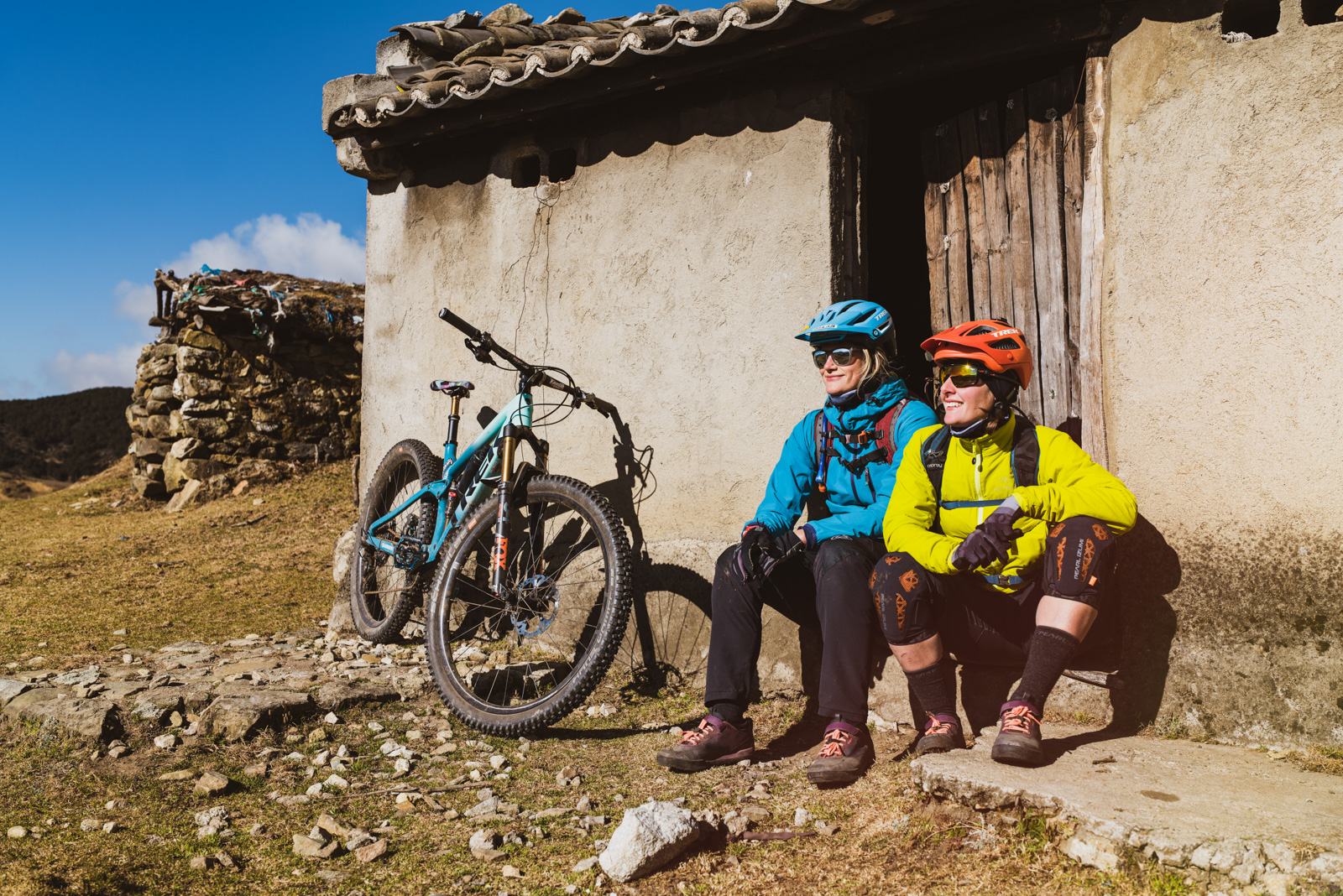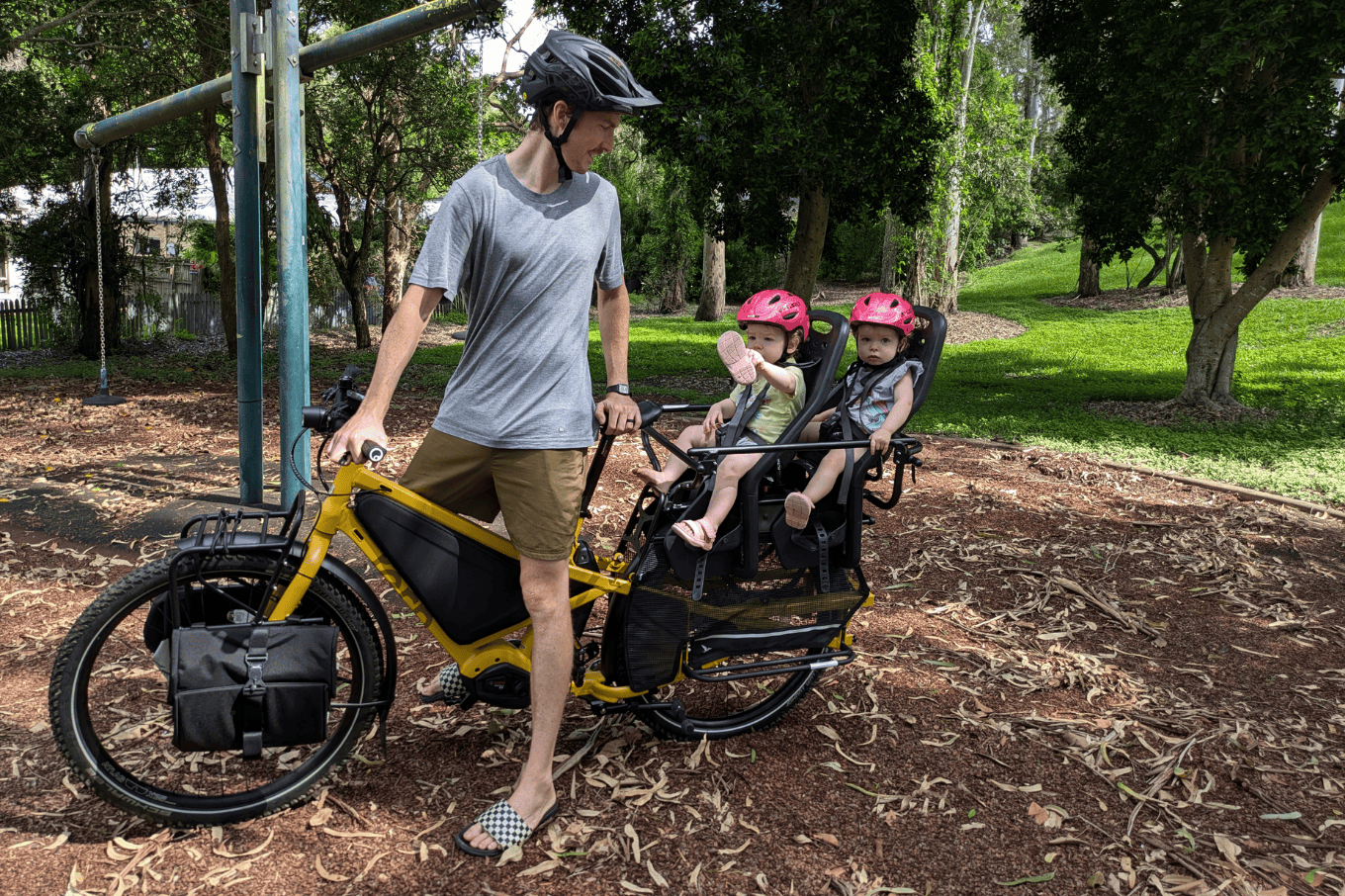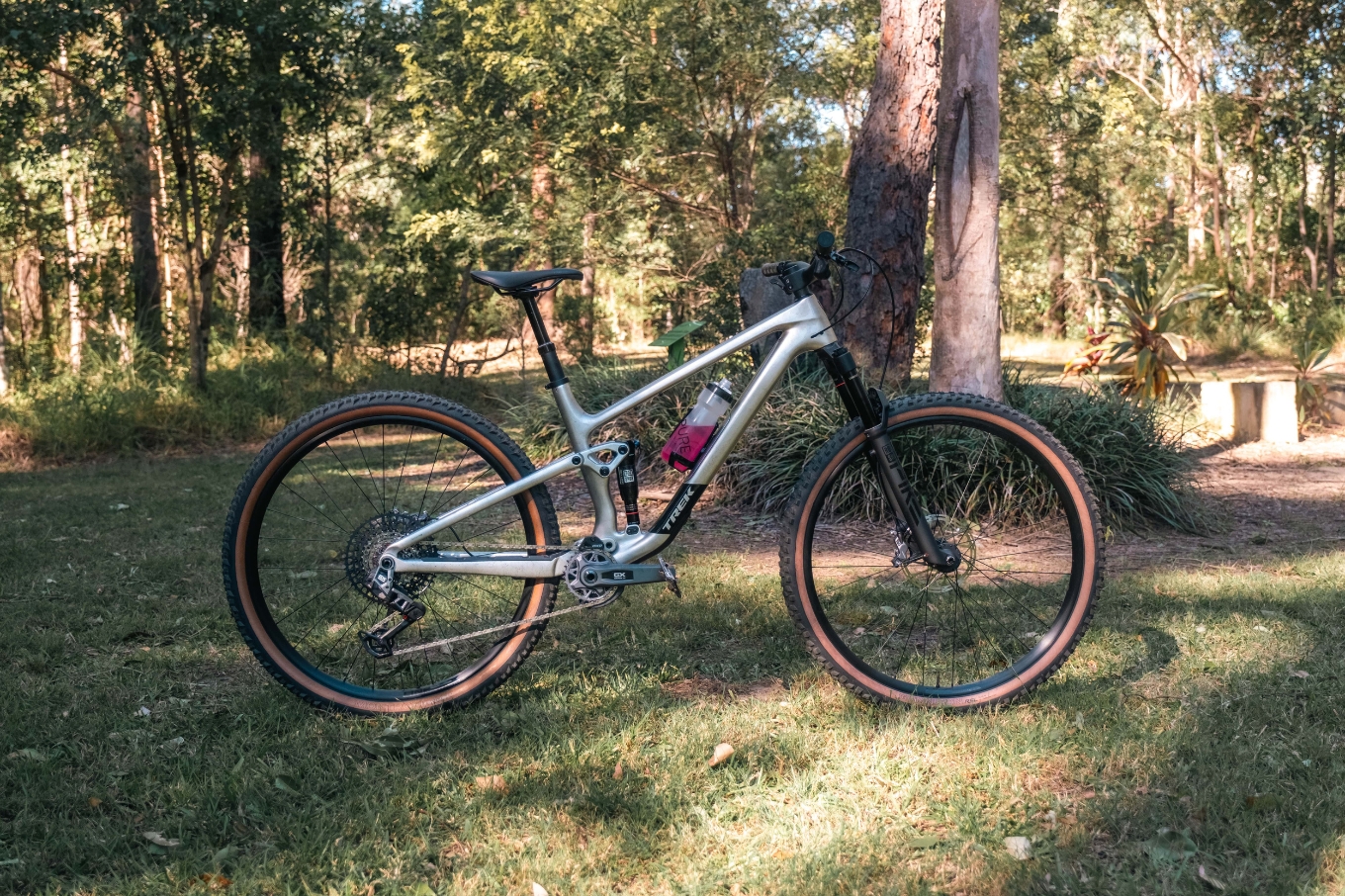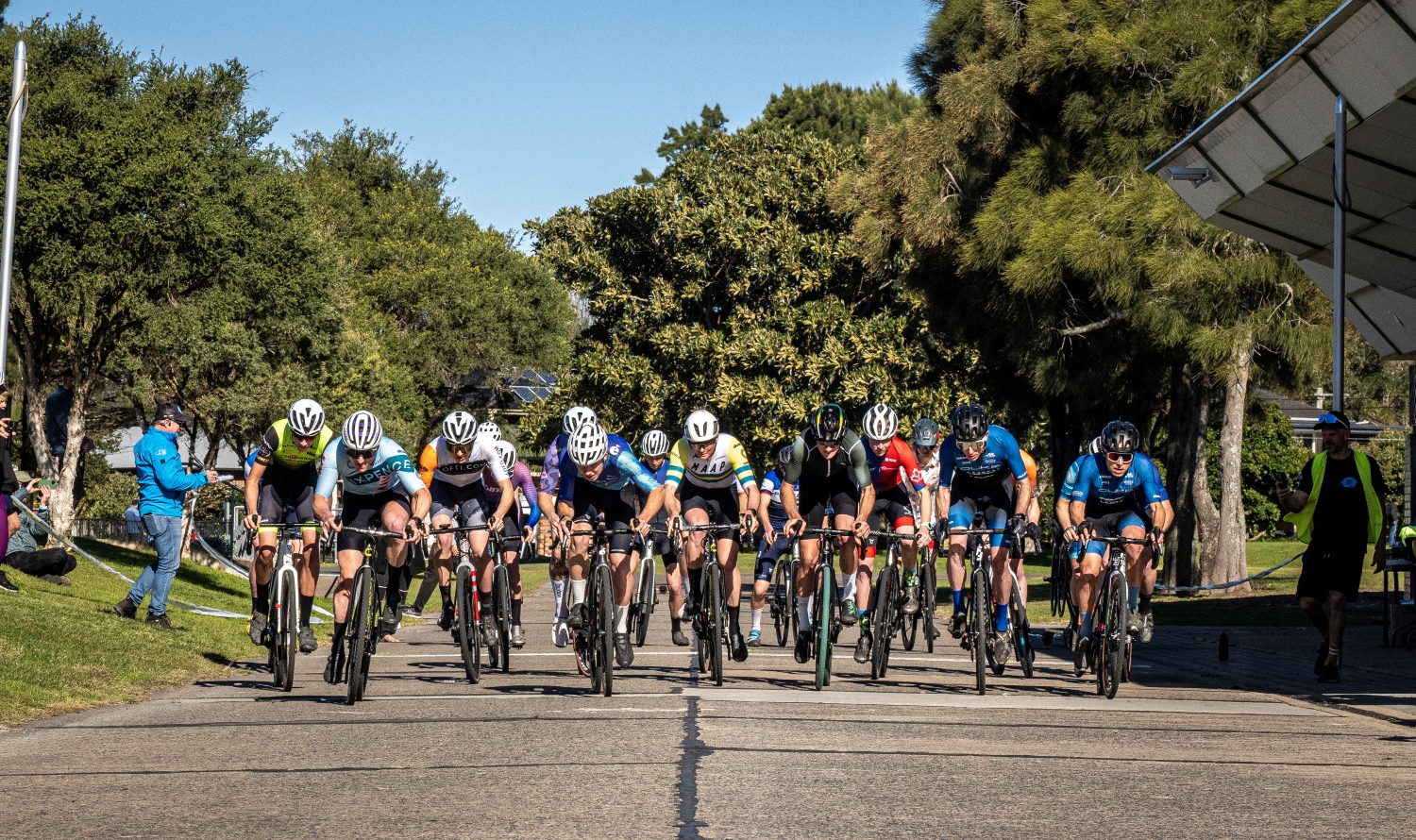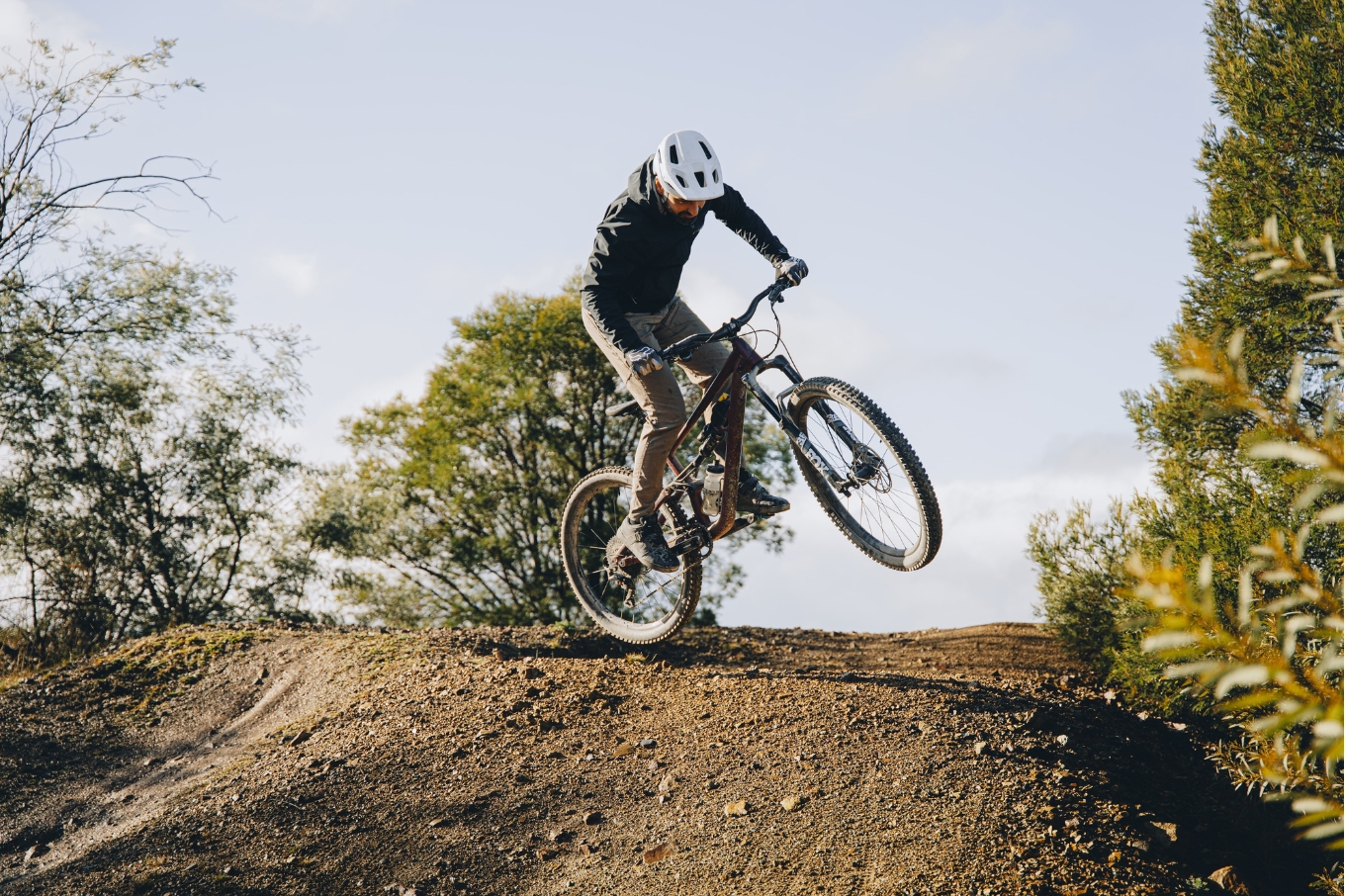Adventures in Yunnan
Steffi Marth recounts a memorable trip to China's Yunnan province.
Photos: Marco Fischer
Words: Steffi Marth
As the fourth biggest and most populated country in the world, China loves the superlatives. This place as almost as big as the whole of Europe. China isn´t only an economic and technological super power, it also seeks influence in the world´s politics and even space. Not much information gets revealed out of this communist, one-party authoritarian state and vice-versa not that much comes in from the western world. Human rights is one issue but today we want to have a look into the beauty of this country´s landscape, people and culture. With the absolutely amazing Himalaya mountains in sight, also topographically China has it all.
I’m a winter refugee and I like to be comfortably warm all year round. As soon as the first snowflakes fall here, I get on the plane and head south. I’m not proud of it. But I find the cold terrible. In 1953 Edmund Hillary and Tenzing Norgay first climbed Mount Everest in cotton clothing. I’ve packed my high-tech merino wool underpants because we will be camping over 3000m in December. Yes, we actually want to go to the Chinese Himalayas in winter and yes, we also want to camp! So we start in the province of Yunnan to explore the Sino-Tibetan highlands on our Trek Fuel EX bikes.
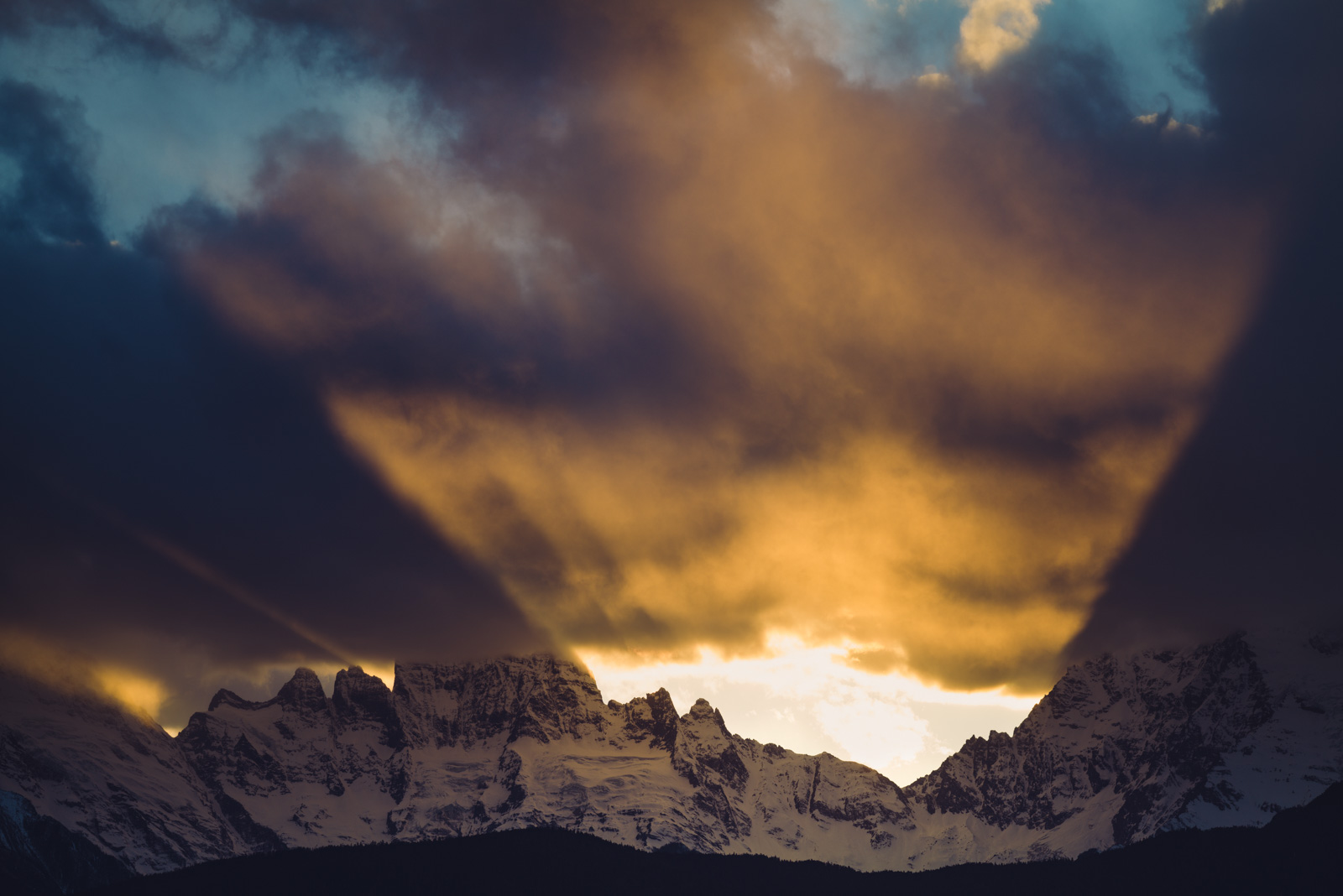
International hurdles:
Getting the Chinese visa is the first hurdle we almost embarrassingly failed. It was also outrageously expensive. As the “organiser” and “calculator”, the bumpy start made me feel very bad. I had completely put travel planning in the hands of Frank, a Dutchman living in China and our tour operator. When we arrived at Beijing Airport, we realised what a great adventure we were facing. Photographer Marco, filmer Alex, my Swiss team colleague Nathalie Schneitter and I are all somewhat strangers, and here we were in a very foreign country. It is uncertain which route, flights and car journeys we will take. With the hectic rush to organise travel, packing, Visa , check-in, etc. I have completely lost track of everything. It’s a very daunting prospect.
The journey starts after four hours flying south-west of Beijing in Kunming – the capital of Yunnan Province. A taxi awaits us at the airport; the driver is obviously overwhelmed by our bike luggage. In the middle of nowhere (still a city with a couple of million inhabitants) we finally have to leave our bikes behind to continue traveling by fast train because bikes aren´t allowed on the train. There are flashing characters, noise and crowds everywhere. We have no choice but to trust that our tour guide Frank has the chaos under control from far away as we still don´t know if he is a real person or if it´s all just a big scam.
A fresh start:
We wake up in a small Chinese hotel outside the big city of Dali. Relief came over us to find that our bike boxes are already in the courtyard when we pushed the curtains in our room aside to welcome the day. It’s sunny but freezing. Our electric blankets gave us a warm, deep sleep in the otherwise completely unheated hotel room. On the way towards the mountain we visit a small village, where cute elderly women in traditional clothing practice handcrafts and frolic around a temple where a chicken just got sacrificed on a wall. We are right in the middle of Yunnan’s everyday life. Shortly afterwards we stand on the mountain ridge over Dali with our bikes and look into the infinite distance. We let ourselves fall into the first long, naturally flowing descent of this journey and enjoy the start of an intoxicating adventure. It´s funny, we are so far away from any other place we know but when riding trails, I often think that the soil and the natural environment is not much different at all. It all changed drastically when you enter the civilisation of course.
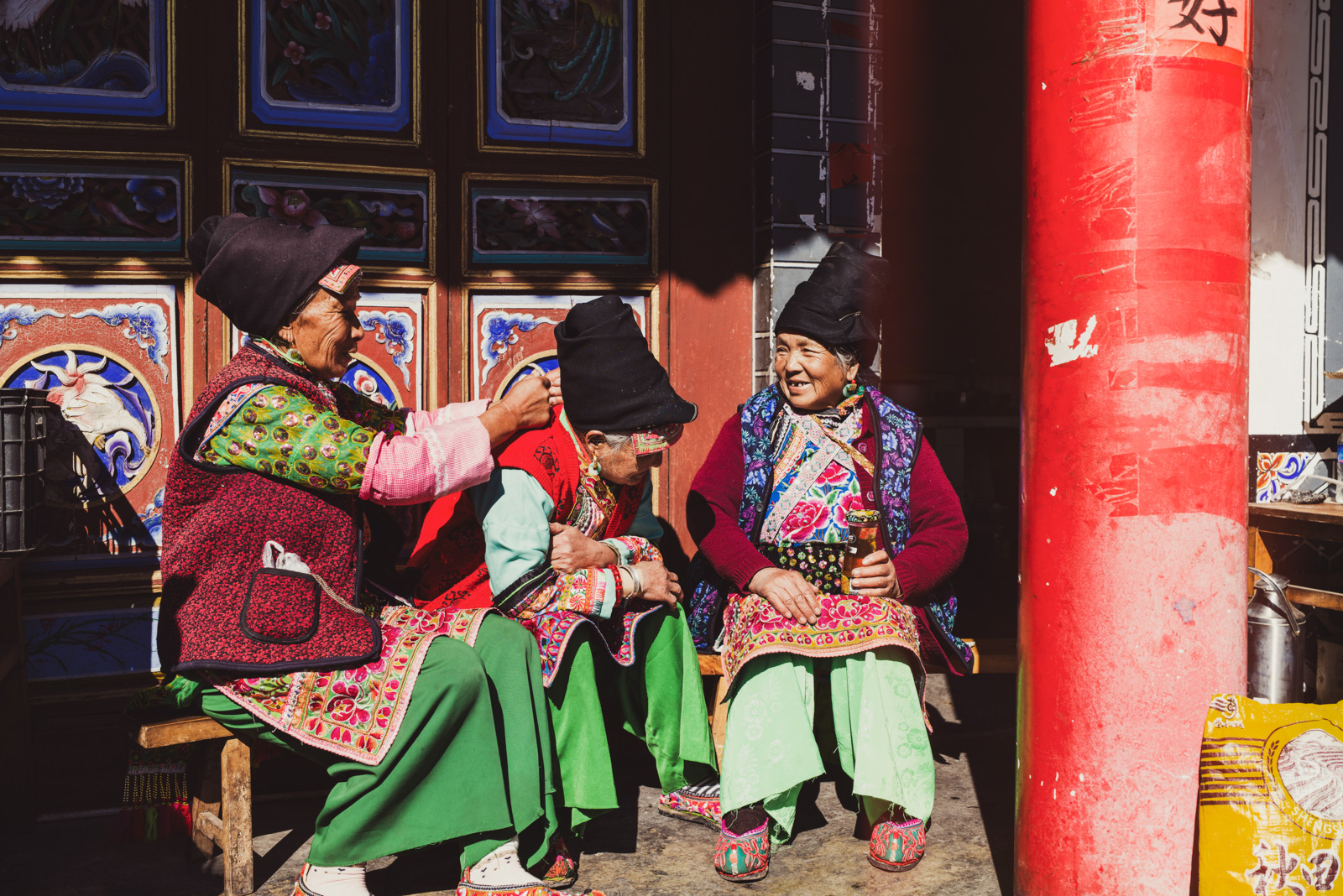
Dahua is our driver for this week and since his English is only slightly better than our Chinese, we don’t quite understand where we’re going. I keep trying to trust, contrary to my normal control mania. Camping was on Frank’s bullet points I remember. The sun has already set when Dahua turns off the main road into a dark labyrinth of small side streets. It’s been going uphill for a long time. We stop at an altitude of 2,600m. A tall blond guy with clogs and a headlamp waves to us – so this must be Frank – he really exists! I have a brief sense of relaxation. Frank says we are only allowed to have small camping luggage with us from here. The content of the trunk, nicely arranged in Tetris style, spreads in no time on the dark street. What do you take with you for two days of mountain biking and camping in the bitterly cold no man’s land? Merino is my wild card. Frank lights up our way through the undergrowth.
A few minutes later our small tent camp shows up. Frank cooked typical Chinese food for us in his camping kitchen. Did I already mention that Google, Whatsapp, Facebook, Instagram and co. not work in China? Usually I look forward to dinner, but I feel sick to think that we are now cut off not only from the internet but also from civilisation. I´m concerned about whether our camping equipment is suitable for the freezing temperatures, but the freedom to be totally self-sufficient somewhere in China´s backcountry feels exciting.
The night is uncomfortable but I’m not freezing to death. Next morning the bikes have a layer of frost on their baby blue frames. Now our mule family rides in and will accompany us. The whole day goes uphill through large fields, over narrow paths, sometimes very steep. Again and again we meet farmers with mules, sheep and goats until we arrive in the Mongolian-looking highlands.
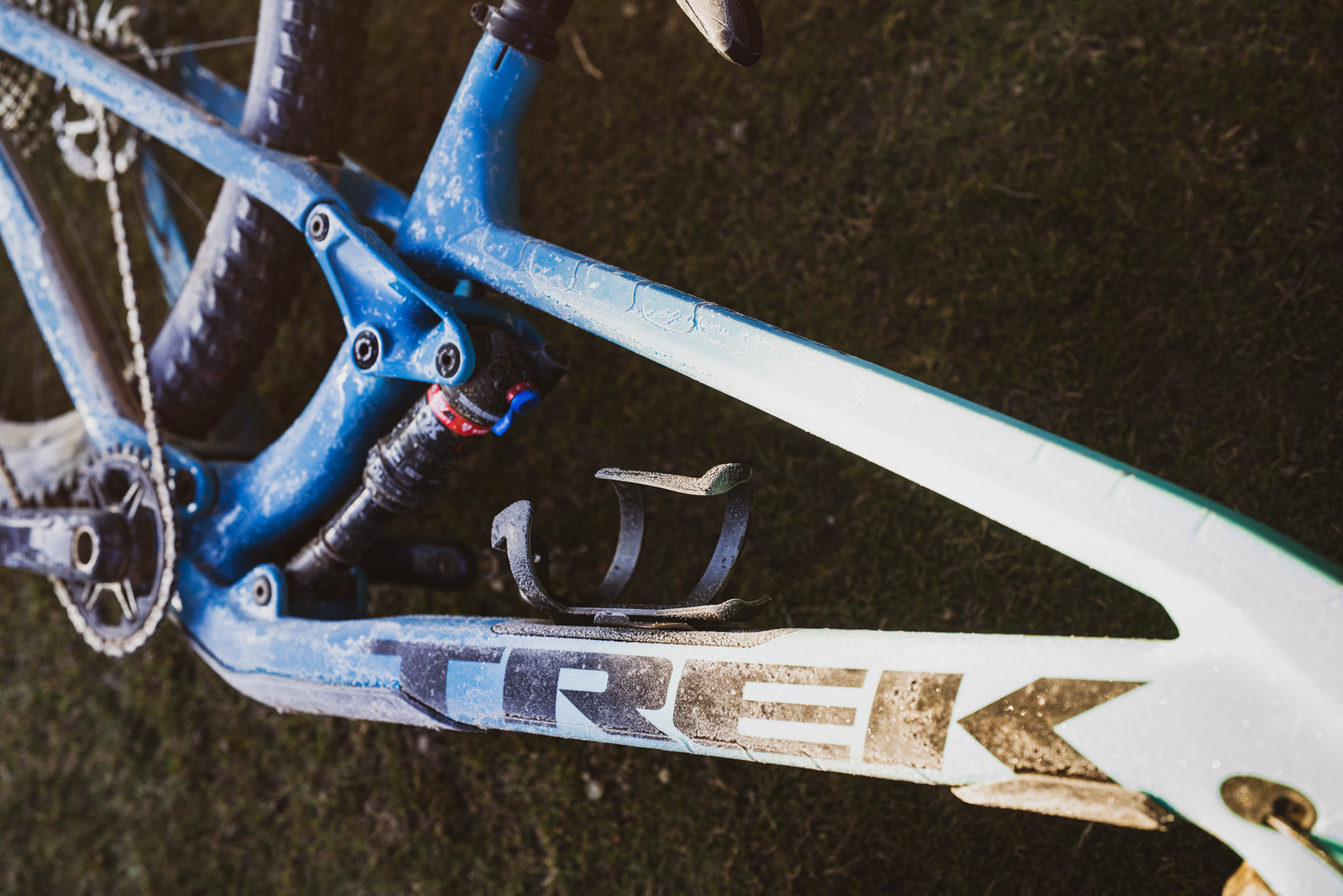
The expanse here at 3300m is breathtaking. We cross a few small passes until we arrive at our second camp shortly before dark. Nathalie and I sneak into the tiny hut of our mule family and watch the female head of the family cook. The calm routine and precision with which she conjures up a meal from something hardy is fasctinating. Onions and spices are combined in four old pots over an open wood fire. We enjoy the warmth but almost die of nitrogen poisoning in this two-square-metre cabin. Later we heat our feet again over the gas burner in the small kitchen tent, collectively brush our teeth and laugh heartily before we crawl into our tiny tents. My fear of the uncertain is blown away by the mountain air. The night is extremely uncomfortable and of course even colder, but the endorphins take care of it. I love this new feeling of freedom up here. How many people will ever be allowed to experience something like this?
Next morning the sun shines on us as we open the iced zipper of the tent. The bikes have an even thicker layer of frost on their frames. Our bodies feel stiff. Nathalie and I wonder whether it’s the cold or the age, but we don’t have time to philosophise. We pack up quickly because a very much earned descent is waiting for us. An icy wind blows over the wide plateau. We find a couple of cool lines here and there where a mountain bike tyre has probably never touched the ground before. It’s a unique feeling. The last kilometres of the descent lead through an overgrown tunnel of trees, peppered with naturally grown, perfect curves.
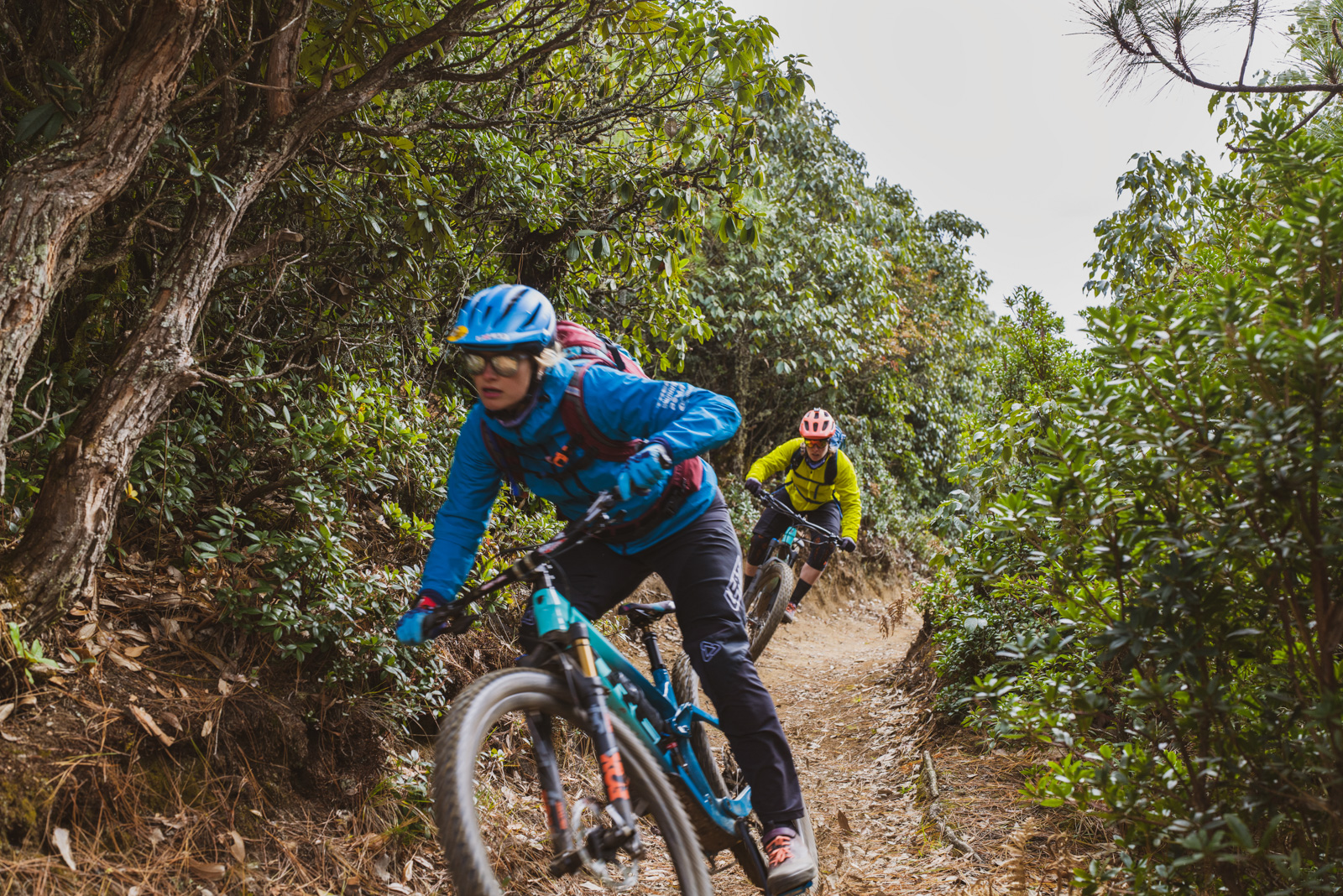
Onwards to the high mountains:
We continue to the city of Shaxi, where a Chinese picture-perfect old town awaits us with beautifully landscaped small fountains, ponds, bridges and courtyards. At the local market we are flooded with curiosities: hundreds of types of mushrooms, strange smells, loud cackling and an outdoor dentist pulling teeth on the street. We visit a temple in Shaxi’s highlands, where Frank explains some of the religious backgrounds. I feel like I’m back in the last history lesson before summer holidays. Nathalie and I only think of one thing: we want to ride our bikes! There is a trail from this Temple Mount and we want to shred down it immediately. I don’t think there have been many mountain bikers here ever before. The descent with its many steep stone passages keeps its promise. What a fun ride!

In our fully packed matchbox-like car, we continue north. At 6 o’clock in the morning we stop at an altitude of 4,292m. The Buddhist prayer flags wriggle in the icy wind. The sun won’t rise for an hour. Now I also know how oppressive thin air feels, just think about the first ascent of Mount Everest and smile. I have never felt so far away and at the same time in my centre. When the sun finally fights its way over the high mountains, it becomes endlessly epic.
We continue towards Tibet in the town of Deqin at an altitude of 3,500m, which stands in front of the year-round snow-covered Meili mountain range. Here we are just before the Himalayas. Ornate Buddhist stupas, gates decorated with gold, white stoves from which smoke rises – here and there we turn a prayer wheel; clockwise, of course. Our karma account is growing. Biking through a forest decorated with thousands of prayer flags is another unforgettable experience on my already rammed biological memory. Suddenly one of these flag chains pulls me off the bike. It looks nice but the prayer flags in the forest are not practical.
Soon we drive south along Asia’s longest river, the mighty Yangtze, to Shangri-La, where Dahua leads us to a typical Tibetan family. He knows the head of the family but can hardly communicate with him because they speak a completely different language. By the way, there are around 56 minorities in China and Yunnan is home to 27 of them, so almost half. We are practically sitting in the middle of the greatest ethnic diversity in China. Lunch with the family is exciting. We are served typical yak tea – a mixture of tea with yak butter and salt – a drink that takes getting used to. We have already seen some yak cattle on our trip and we wished we had their warm, multi-layered fur. Now we have to try the yogurt from their milk and as culinary as it sounds – disgusting is an understatement. It tastes like it´s 5 months past the expiration date but is probably great for our digestion. Out of politeness, I torment myself with the lousy stuff and never changed my face. The rice biscuits that don’t taste like anything have to disappear into my jacket pocket though. I feel bad, Karma has to drop a little again.
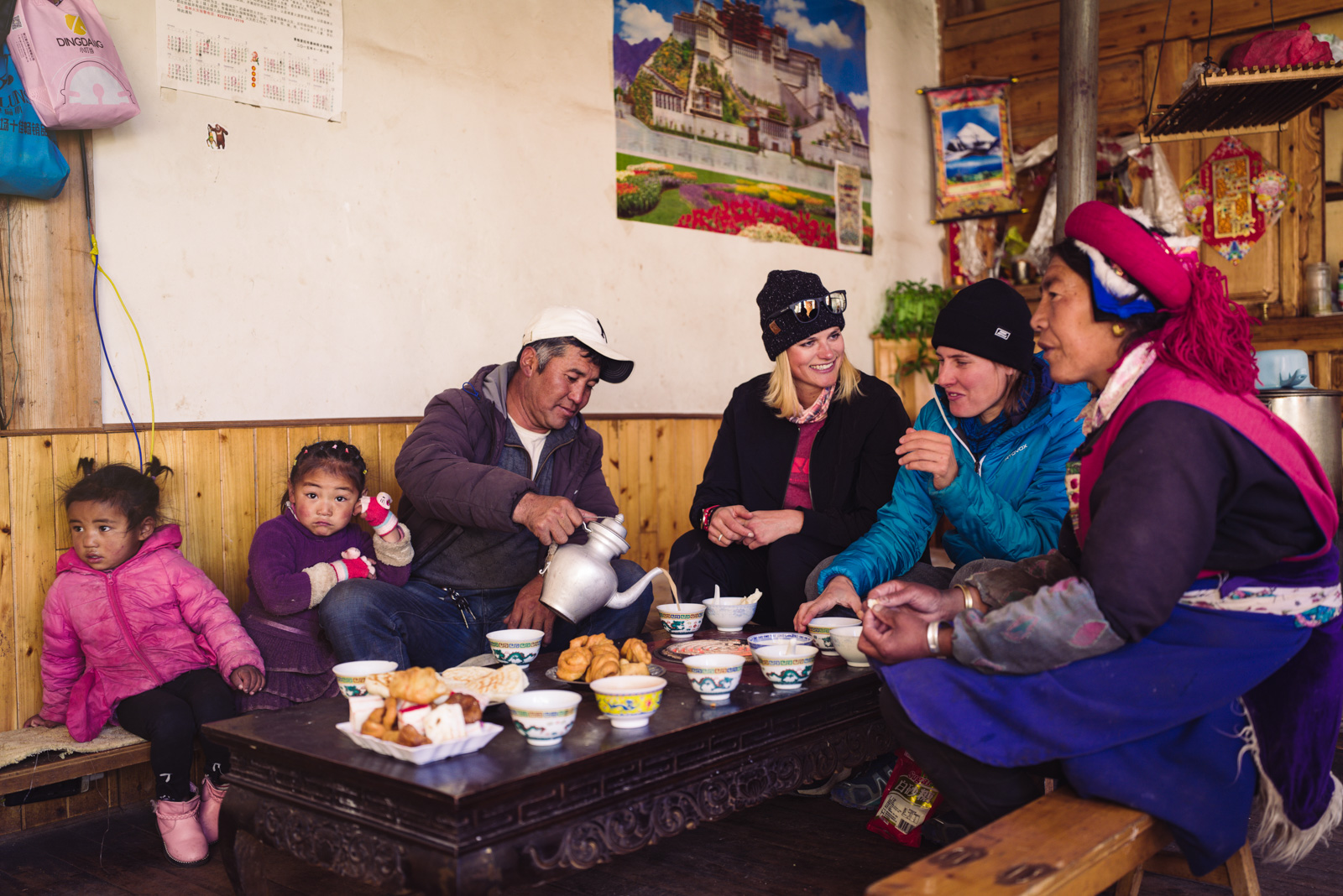
Later we visit another temple, which serves as a Buddhist monastery. We stroll up about 200 stairs to the majestic main buildings. So far I haven’t had much contact with Buddhism, but compared to the religions that are most widespread at home, Buddhism is more colorful and somehow seems happier. At least that’s how it comes across when we see the young monks making music and dancing.
Our last destination is Lijiang. Here we will sleep in the same bed for two full nights for the first time on our trip, what a luxury. On the last morning we enter a very rustic temple, non-touristic and peaceful. As we push our bikes through the inner courtyard, a monk is opening the prayer chamber and greets the day, the gods, the Dalai Lama and whatever else with drums and rattles. We turn into the trail and immediately switch to full throttle mode. The trail is easy because this was the first time that shovel and rake were in use before. We swing our bikes through the banked curves, letting our rear wheels break out on pine needles. Lots of bumps, washed-out gullies and small drops conjure up the biggest smile on our faces. We say goodbye to our mountain bike trip in foreign but no longer so enigmatic China.
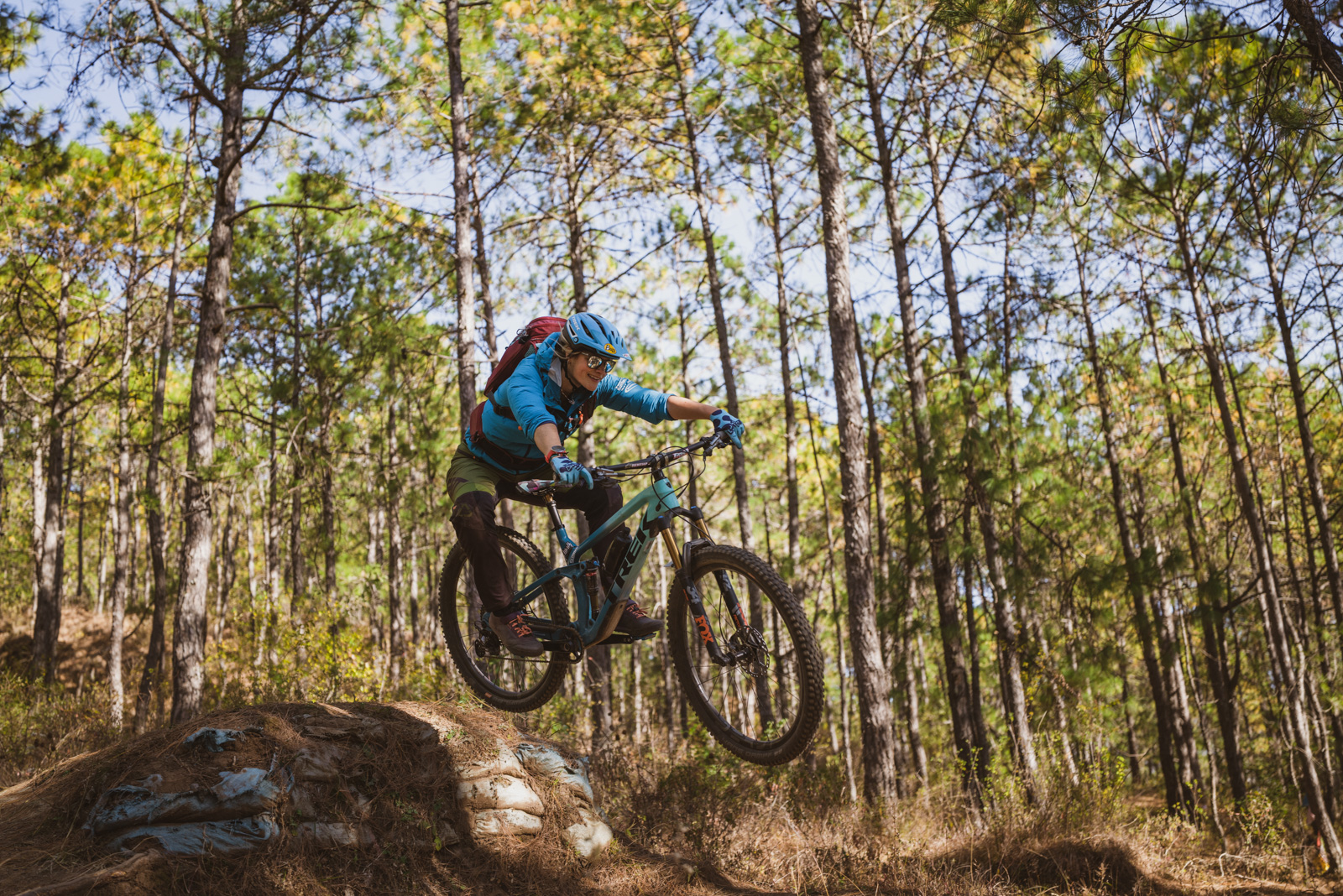
Our winter bike vacation in China was a very valuable experience for me. Yunnan is colorful and culturally and culinarily exotic. The untouched nature is a stark contrast to the image of China with its industry and smoggy megacities. Above all, I learned something about myself here: I can just let go. Just like we do when riding. At first I was worried our bikes would not arrive, we would be poorly equipped and I could freeze to death while camping. But with every day these oppressive thoughts disappeared and the more we saw of Yunnan, the greater the curiosity and the smaller the mental barriers. “A large part of worry consists of unfounded fear.” (Sartre). In any case, the German winter no longer scares me.
After more travel content? Click here.

